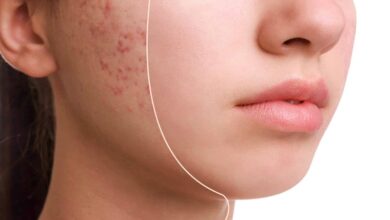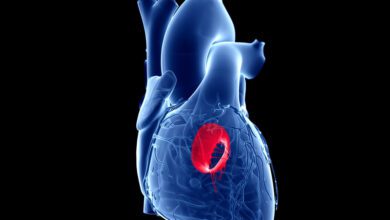Urinary retention in the elderly: causes, complications, and treatment methods
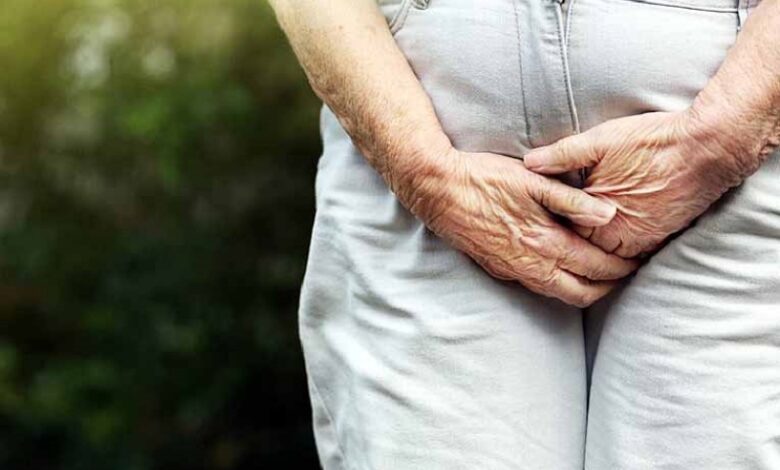
1
The stage of aging and advancing age carries many health problems and crises that may affect most of the organs and parts of the body. It is worth noting that this occurs as a result of some weakness in the immune system and increased risk of exposure to diseases, but our conversation today specifically addresses the consequences of the habit of retaining… Urine in the elderly and the resulting annoying health problems, and this is what we will learn about today in an explanatory way.
The elderly and urinary retention
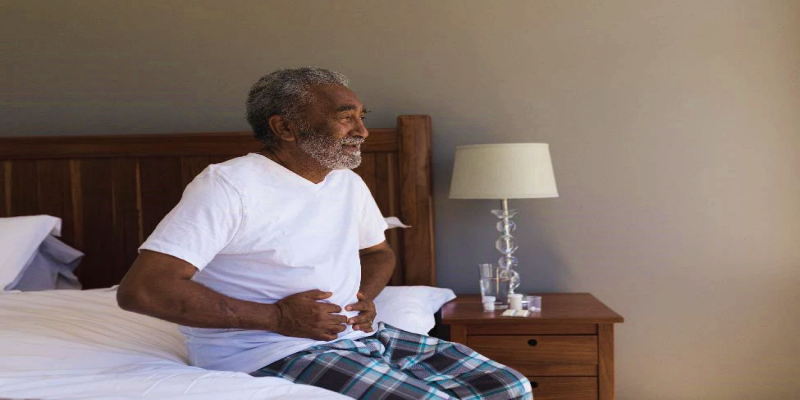

The elderly and urinary retention
When making the decision to talk about urinary retention in the elderly, you must know that it is a medical condition in which the bladder is unable to excrete all the amount of urine, and it is classified into two types:
– Acute urinary retention: This type occurs suddenly and lasts for a very short period of time during which the patient cannot urinate at all despite feeling a tight bladder. It is important to know that this type is common among older men.
– Chronic urinary retention: This type of urinary retention progresses slowly and calmly over time, as the patient can still complete the process of urinating, but every time he urinates he cannot expel all the urine. Since the symptoms of this disease are silent, many people are exposed to a state of ignorance and lack of even knowledge. They cannot detect any symptoms of urinary retention at these times.
Reasons why the elderly suffer from urinary retention


Reasons why the elderly suffer from urinary retention
There are several reasons that lead the elderly to suffer from urinary retention. It is worth noting that these reasons are as follows:
1) The occurrence of a blockage in the lower urinary tract or in the bladder neck. The cause of the blockage here could be an enlarged prostate, a narrowing of the urethra, or suffering from bladder stones or a uterine tumor that puts pressure on the bladder neck and prevents urine from coming out.
2) Complaining about some infections such as balanoposthitis, prostatitis, prostate abscess, vaginitis, vaginal pemphigus, vaginal lichen planus, herpes simplex infection, cystitis, and urethritis.
3) Nerve damage that disrupts the regulation of bladder muscle contraction, making it unable to contract as intended and unable to expel all of the urine.
4) Some types of therapeutic medications to deal with several disease conditions.
5) A fracture or tear in the penis.
Read also: The most important signs that older people suffer from osteoporosis
Urinary complications that affect the elderly when they experience urinary retention


Urinary complications that affect the elderly when they experience urinary retention
In general, we can say that acute urinary retention in the elderly disrupts the normal flow of urine and affects the normal functioning of the urinary system. This then causes severe abdominal cramps resulting from the bladder being filled with urine and constantly stretching.
In general, if this condition is not treated in a timely manner, it can develop into a number of the following complications:
– Urinary infections: If urine is not excreted completely, this will create ideal conditions for harmless resident bacteria in the urethra to multiply and return to the bladder, causing urinary tract infections.
– Bladder damage: At these times, the bladder becomes stretched for a long time because it contains the amount of urine remaining after each urination. In the long run, this will cause the bladder muscles to become damaged and thus unable to contract as precisely as before.
– incontinence: If the bladder does not release urine completely, the function of the bladder collar muscles will decrease, and this can lead to continuous leakage of urine, also known as urinary incontinence.
– Hydronephrosis: When an amount of urine remains after each urination, the amount will gradually accumulate here and reflux through the ureters, causing hydronephrosis. It is important to know that if this condition is not treated in a timely manner, it can develop into chronic kidney disease and even lead to kidney failure.
Methods Treatment of urinary retention in the elderly
First: acute urinary retention
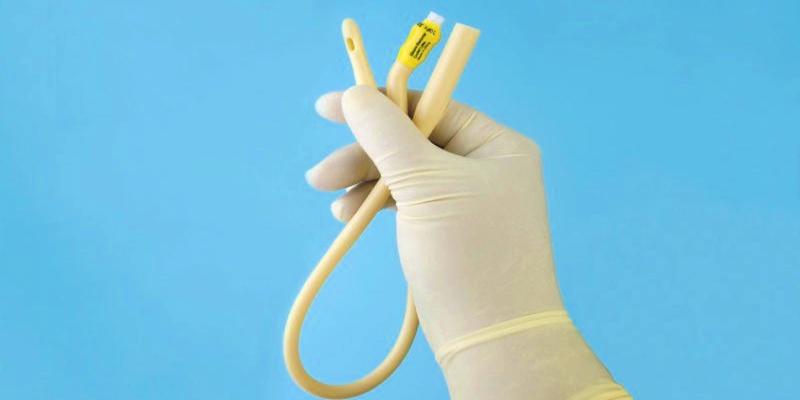

Methods of treating acute urinary retention
With this condition, the doctor will place a urinary catheter to relieve bladder pressure by slowly expelling urine.
As for patients who have contraindications for urinary catheterization such as recent urological surgery, prostatectomy, or urethral reconstruction surgery, an alternative method will be to suction urine onto the pubic bone to relieve pressure on the bladder.
Second: chronic urinary retention
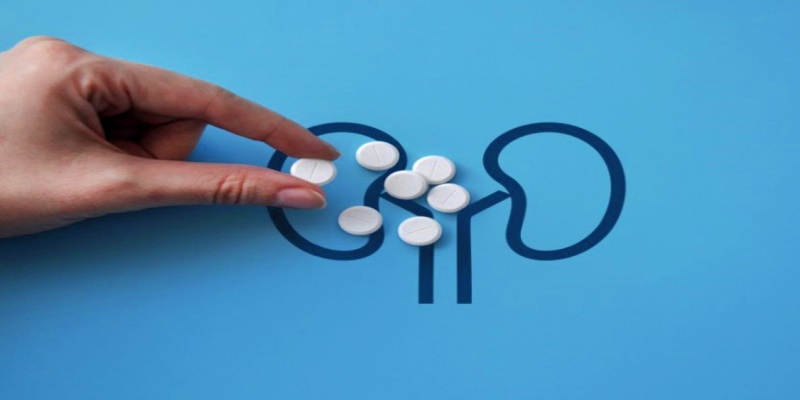

Methods of treating chronic urinary retention
Light will be shed on chronic urinary retention in the elderly and its treatment methods if the symptoms seriously affect the patient’s lifestyle, especially with those who suffer from urinary tract complications.
It is worth noting that it is possible to resort to:
- Urinary catheter.
- Urethral enlargement using stents.
- Cystoscopy.
- Use of some therapeutic medications.
- Performing surgical intervention depends on the patient’s physical condition, age, and the cause of his urinary retention.

